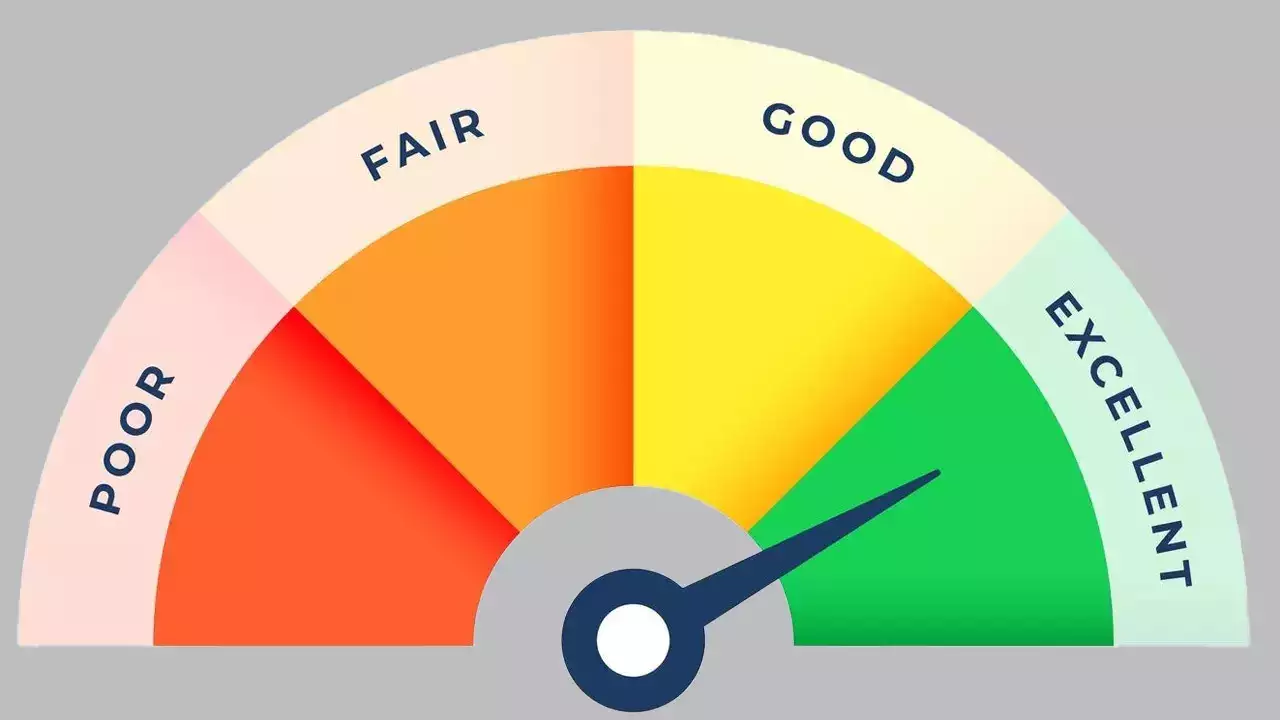
Whenever a loan is discussed, the first thing that often comes to mind is the CIBIL score. This three-digit number plays a crucial role in determining your creditworthiness. Lenders heavily rely on it to assess whether you qualify for a loan and to decide the interest rate applicable to you. Essentially, your CIBIL score is a reflection of your credit history and repayment behavior.
Why CIBIL Score Matters
The interest rate on your loan is closely linked to your credit score. A high CIBIL score can help you secure loans at favorable interest rates. Conversely, a low score could lead to higher interest rates or even loan rejection. This raises an important question: If your CIBIL score is low, how can you improve it, and how long does it take to rebuild your credit score?
Understanding CIBIL Score Range
CIBIL score is a three-digit number that typically ranges from 300 to 900. Here is how different score brackets are interpreted:
- 300 to 550: Considered poor; loan approval is challenging.
- 550 to 650: Fair score; loans may be approved but with higher interest rates.
- 650 to 750: Good score; increases the chances of loan approval.
- 750 to 900: Excellent score; offers the best loan terms and low-interest rates.
A higher credit score not only ensures quick loan approvals but also grants access to better financial products and lower interest rates, especially during financial emergencies.
Common Reasons for CIBIL Score Drop
Several factors can negatively impact your credit score:
- Late or missed EMI payments.
- Loan defaults or settlements.
- Excessive utilization of your credit limit.
- Irregular credit card bill payments.
- Co-signing loans or being a guarantor for someone who defaults on payments.
Effective Ways to Improve CIBIL Score
If your CIBIL score has dropped, don’t worry. You can gradually rebuild it by following these steps:
- Borrow Responsibly: Take loans only when necessary and ensure the EMIs are manageable.
- Timely Payments: Always pay your EMIs and credit card bills on time to maintain a positive repayment history.
- Credit Utilization: Keep your credit card spending below 30% of the available limit.
- Limit Unsecured Loans: Avoid frequently applying for personal or unsecured loans.
- Clear Existing Debts: Settle old loans and close any accounts that reflect pending dues.
- Be Cautious with Guarantor Roles: Think carefully before becoming a loan guarantor, as any default by the borrower can hurt your score.
- Monitor Credit Reports: Regularly check your credit report for errors and report inaccuracies immediately.
Time Required to Improve CIBIL Score
Improving a low CIBIL score is a gradual process. Depending on the severity of your credit issues, it can take anywhere from 6 months to a year to witness significant improvement. In cases of extremely poor credit, it may take even longer to rebuild your score.
What Happens If CIBIL Score Is Negative or Zero?
If you have never taken a loan or used a credit card, your CIBIL score might be zero or negative. In such cases, banks may hesitate to approve loans as there is no credit history to assess your repayment behavior.
Here are two simple ways to build a credit history:
- Apply for a Credit Card: Use it for small purchases and pay the bills on time. Your credit history will start reflecting within a few weeks.
- Create a Fixed Deposit (FD): Open an FD and apply for a small overdraft loan against it. Repaying this overdraft will gradually build your credit profile.
By following these steps diligently, you can work towards a healthier CIBIL score, opening doors to better financial opportunities in the future.

Leave a Reply